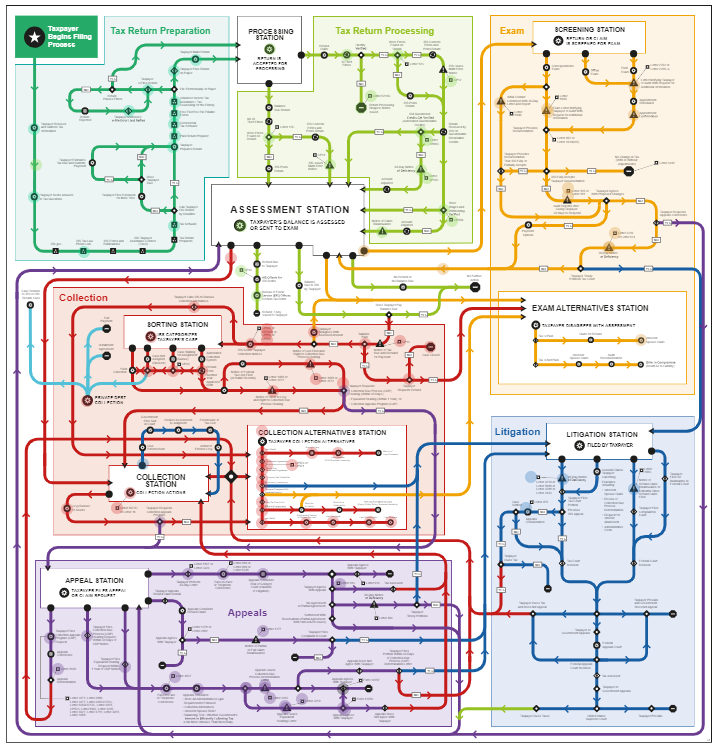U.S. Customs and Border Protection in Cincinnati recently seized a shipment containing 90 fake championship rings that, if they had been real, would have been worth $2.71 million.1
The shipment contained 40 2019 Kansas City Chiefs Super Bowl rings, 20 1969 Kansas City Chiefs Super Bowl rings, 15 1985 Kansas City Royals rings, and 15 2022 Kansas Jayhawks championship rings. All of the pieces were made with cheap materials and faux gemstones, and bore the registered trademarks of the NFL, NCAA, and MLB.
The shipment appeared to be a person-to-person transaction, a common counterfeiting technique where the shipment is sent to one person who then mails out smaller prepackaged parcels to U.S. addresses, bypassing scrutiny.
The Cincinnati package was flagged for a physical search after an X-ray examination yielded inconclusive results.
Don’t forget about use tax
However, counterfeiters may not only land in trouble with Customs and Border Protection. In a recent tax appeal in California, a counterfeiter was also slapped with use tax on the street value of the fake goods he was holding.
The taxpayer was in the business of selling counterfeit handbags, belts, wallets, and sunglasses in Los Angeles.2 The taxpayer sold two counterfeit items to an investigator, and based on those purchases, the California Department of Tax and Fee Administration (CDTFA) was able to determine the approximate markdown percentage of the counterfeit items as compared to what the items would have cost if they were legitimate. The two counterfeit items totaled $1,280, but the MSRP if they had not been counterfeit would have been $165,510. This resulted in a markdown percentage of 12,830.47%.
The CDTFA then applied the markdown percentage to the $13,059,470 MSRP of all of the confiscated goods. They determined that the taxpayer could have sold all of those goods for $100,998, and based the use tax owed on this amount.
The taxpayer was convicted of two counts of counterfeiting.3 Therefore, because he is a “convicted purchaser,” his purchases of counterfeit items for resale were subject to use tax because any purchase of counterfeit items he made prior to being convicted constitutes a taxable storage or use of those items.4


